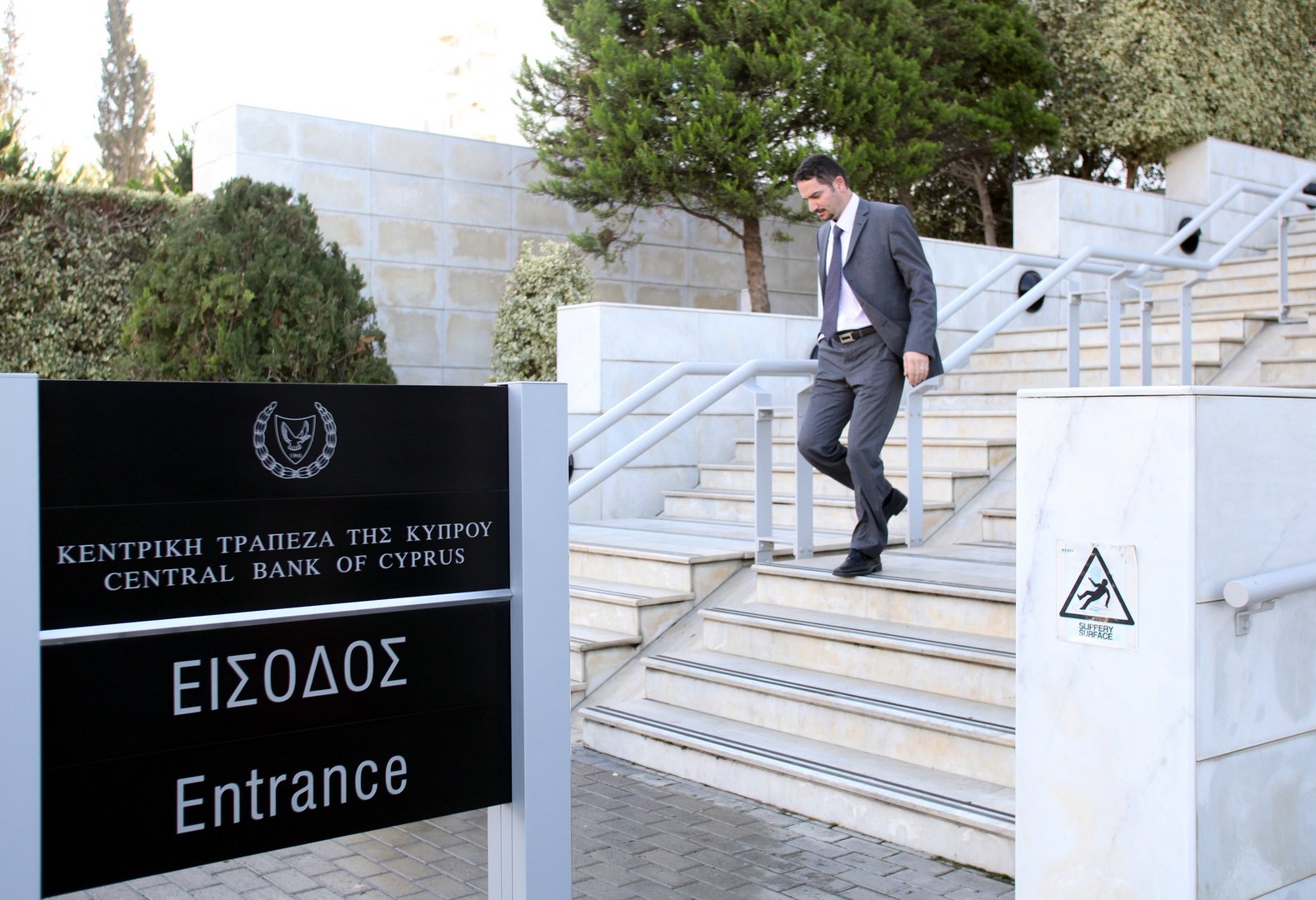MPs on Tuesday urged the government to do something about rising interest rates, particularly to shield vulnerable borrowers and prevent bad loans from proliferating – although none had a clear idea as to how this might be done.
The matter of interest rates was revisited at the House commerce committee, following the finance minister’s appearance a day earlier at the House finance committee.
Unsatisfied with the responses given by a Central Bank official on the state of play, MPs cut the session short and decided to reconvene at a later date in a joint session with the finance committee. There, the finance minister as well as the Central Bank governor would be summoned.
However, the message that came out was clear: interest rates would remain high for the foreseeable future.
Queried by MPs, the Central Bank official said the cost of borrowing – both for home loans and business loans – has gone up by about 1 per cent.
Since July 2022, lending rates on new home loans rose from 2.55 per cent to 3.50 per cent, while rates on business loans ticked up by 1.58 per cent.
The same official was unable to provide precise data on how many loans were on variable rates, and how many on fixed rates. The official did say that most loans are on variable rates, and that rates have gone up, but not to the maximum within the new band set by the European Central Bank.
Financial ombudsman Pavlos Ioannou pointed out that approximately one-third of depositors are currently “outside the banking system” – meaning banks have sold their loans to credit-acquiring companies.
He said it was contradictory that, whereas the deposit rates offered remain steady, at the same time monetary policy aims to combat inflation.
Disy MP Averof Neophytou said more interest rate hikes were on the way.
“The best service we can give to people is to speak the truth, that is, that the wave of rises in borrowing rates is not over,” he noted.
“We should prepare people for this fact, rather than say that rates will go down.”
Kyriacos Hadjiyiannis, also of the Disy party, censured Finance Minister Makis Keravnos over his remarks the previous day.
He called it unconceivable that a minister should seek to intervene in a country’s monetary policy and “act like a trade union rep for borrowers.”
The MP called on the Central Bank governor to take a position on whether such “interference” was acceptable.
For his part, Akel MP Costas Costa observed that banks and credit-acquiring companies have seen their profits rise. He asked rhetorically whether banks could not “help” borrowers by marginally limiting their profits.
Costa also asked the finance ministry to come up with schemes that would afford “viable lending” to small-to-medium-sized businesses or subsidising borrowing rates for low-income people.
Earlier this month, the European Central Bank decided to increase the three key ECB interest rates by 50 basis points.
According to the press release, this was “in line with its determination to ensure the timely return of inflation to the 2 per cent medium-term target.”
The March hike came after the ECB had likewise raised rates by 50 basis points in February.
In its March press release, the ECB did not telegraph a new rates hike, but said it would continue tracking the situation and act accordingly.







Click here to change your cookie preferences